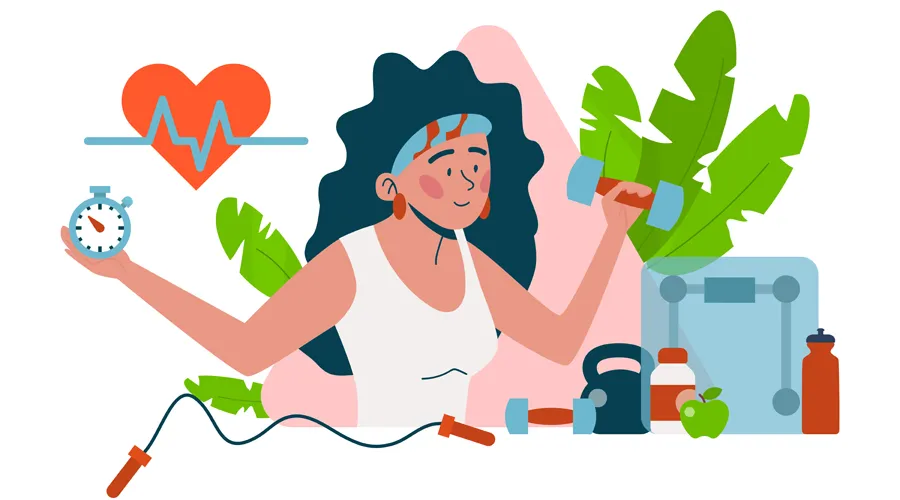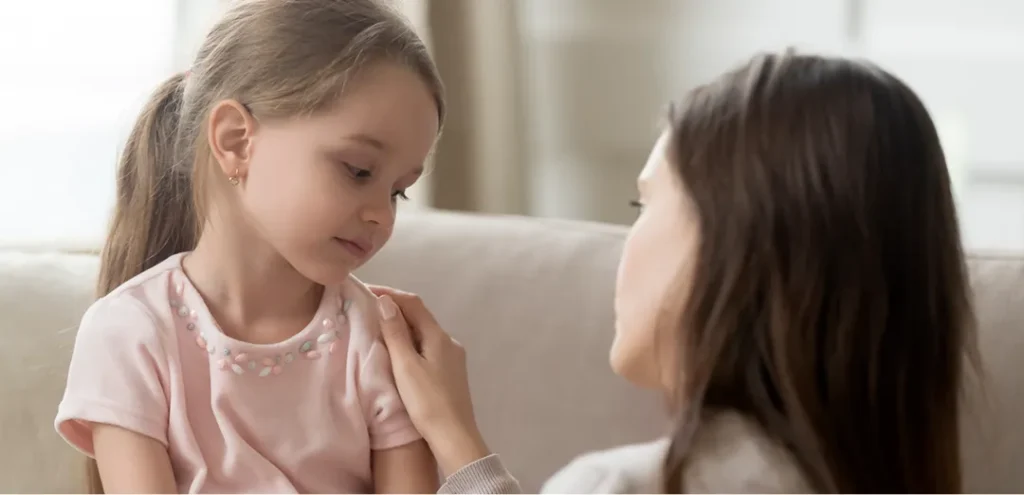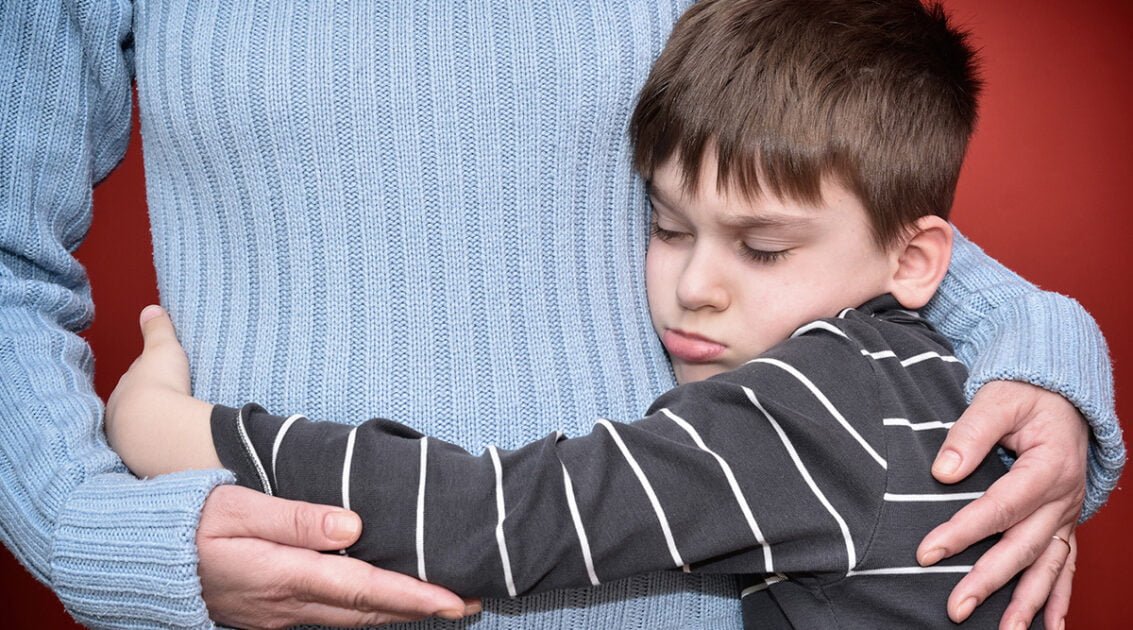Childhood should be a time of curiosity, laughter, and learning — but for many children, anxiety can make everyday life feel overwhelming. As a parent, watching your child struggle with fear or worry can be heartbreaking. The good news is that with the right strategies, you can help your child manage anxiety, build resilience, and develop a confident outlook.
In this guide, you’ll discover practical, real-life strategies that work — strategies parents are using every day to support their anxious children
Reduce Anxiety in Children is a natural human response — it’s the body’s way of preparing to face challenges or threats. But when anxiety becomes constant or overwhelming, it can affect a child’s learning, relationships, and happiness.
In children, anxiety often shows up differently than in adults. Some kids may express their fears verbally (“I’m scared I’ll fail the test”), while others may become quiet, withdrawn, or develop physical symptoms like stomachaches.
Common Signs Your Child May Be Anxious
While occasional worry is normal, here are signs your child may be dealing with persistent anxiety:
- Frequent stomachaches, headaches, or nausea without a medical cause
- Trouble sleeping or frequent nightmares
- Avoiding school, activities, or social events
- Irritability or frequent meltdowns over small issues
- Asking repetitive “what if” questions
- Perfectionism or fear of making mistakes
Real-life example:
Sara, a 9-year-old, started crying every Monday morning before school. Her mom thought it was a simple case of “Monday blues,” but after talking to her, she discovered Sara was terrified of being called on in math class. Recognizing this anxiety was the first step in helping her feel safe and supported.Proven Strategies to Reduce Anxiety in Children
Create a Safe and Predictable Environment
Children feel more secure when they know what to expect. A consistent daily routine can reduce uncertainty, which often fuels anxiety.
- Keep morning and bedtime routines predictable.
- Give advance notice for changes (“We’ll have dinner at Grandma’s instead of home tonight”).
- Encourage open conversations about upcoming events so your child feels prepared.
Example:
When Ahmed’s parents started giving him a “daily plan” sheet in the morning, he became calmer. Knowing when homework, playtime, and bedtime would happen reduced his worry about the day ahead.
Teach Breathing and Relaxation Exercises
Simple relaxation techniques can help children regulate their emotions and calm their bodies.
Try this: “Smell the flower, blow the candle” — ask your child to imagine smelling a flower (inhale slowly through the nose) and blowing out a candle (exhale slowly through the mouth).
- Practice before stressful moments, like before school or bedtime.
- Use calming music or nature sounds during practice.
Use Positive Communication and Encouragement
Your words can shape your child’s self-belief. Instead of saying “Don’t worry,” try:
- “I see you’re feeling nervous let’s take it step by step.”
- “It’s okay to feel scared, but I know you can handle it.”
Example:
When Mia was nervous about performing in her school play, her father said, “It’s normal to feel butterflies — it means you care. Let’s practice together.” That small change in language helped Mia perform with confidence.Limit Stress Triggers Where Possible
Some anxiety triggers can’t be avoided — but others can be reduced.
- Limit over-scheduling; ensure your child has downtime.
- Monitor screen time, especially before bed.
- Avoid exposing your child to distressing news stories.
Encourage Gradual Exposure to Fears
Avoiding anxiety triggers may bring temporary relief, but it can reinforce fear. Gradual exposure helps children learn they can handle difficult situations.
Example:
If your child fears dogs, start by looking at dog pictures together, then watching dogs from a distance, and finally meeting a calm, friendly dog. Progress at your child’s pace.Real-Life Stories of Helping Anxious Kids
- The Library Speech:
10-year-old Leo had anxiety about public speaking. His mom arranged “mini speeches” at home starting with reading one sentence aloud at dinner and gradually building up. After three months, Leo spoke confidently at a library reading event. - The Sleepover Breakthrough:
Aisha avoided sleepovers because of separation anxiety. Her parents arranged a “half-sleepover” she stayed until bedtime, then came home. After a few tries, she successfully stayed overnight with her best friend.

When to Seek Professional Support
If your child’s anxiety is severe, persistent, or affecting their daily life, professional help may be the best next step.
Consider consulting:
- A child psychologist or therapist specializing in anxiety
- School counselors for academic support
- Pediatricians for possible underlying health factors
Final Thoughts
Helping an anxious child is a journey. It takes patience, consistency, and understanding. By combining a predictable environment, emotional tools, and gradual exposure to fears, you can help your child build lifelong coping skills.
FAQs on Child Anxiety
Q: Can anxiety in children go away on its own?
A: Sometimes, mild anxiety resolves with support at home, but persistent anxiety may require professional help.
Q: Is it normal for my child to have fears?
A: Yes fears are part of normal development. The key is whether they interfere with daily life.
Q: What if my child refuses therapy?
A: Start with gentle introductions such as a short meet-and-greet with a therapist to help them feel safe.

Russell F. Jones, holding a Master in psychology from the University of Florida. He writes for Smart Parent Solutions, offering practical advice on parenting and child development. His engaging content helps parents navigate family life with confidence and ease. Russell enjoys sharing his knowledge and spending quality time with his family.
